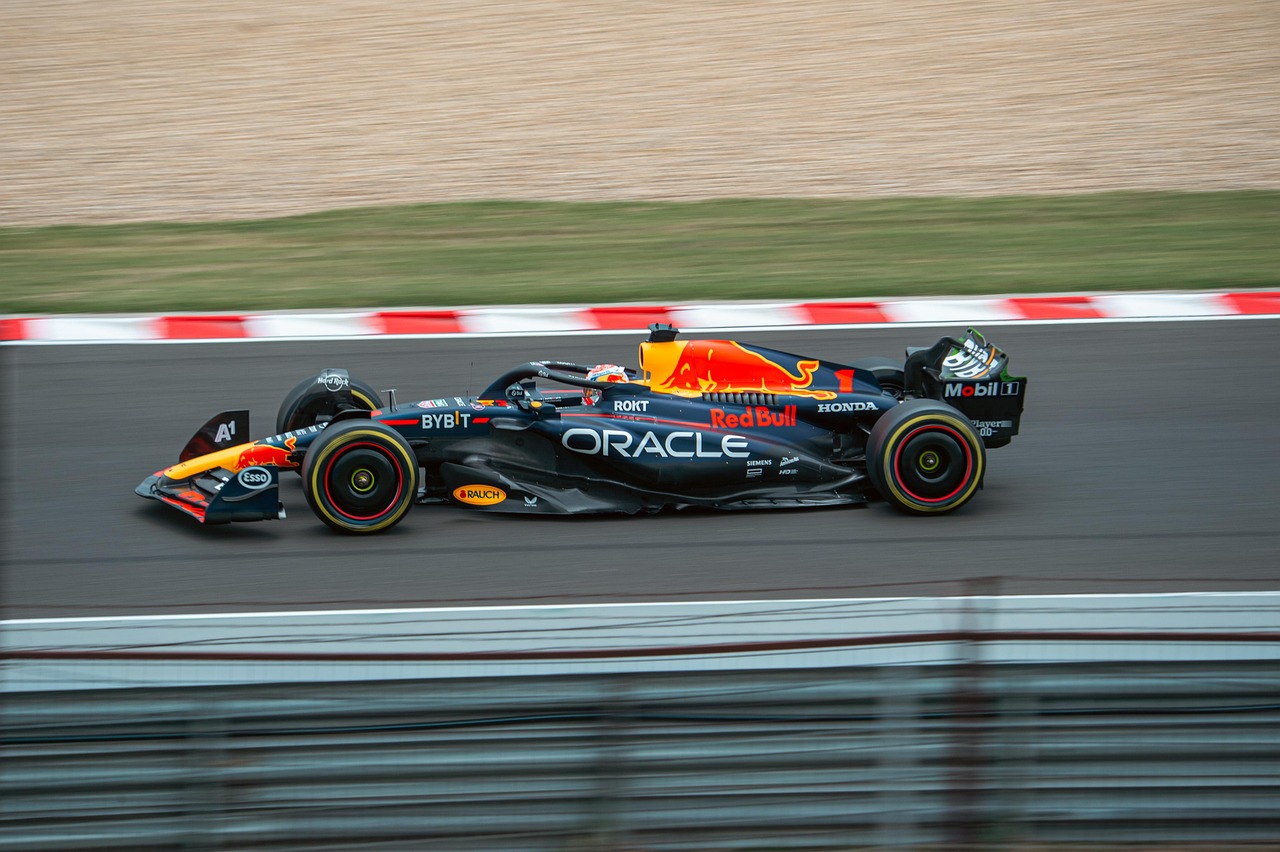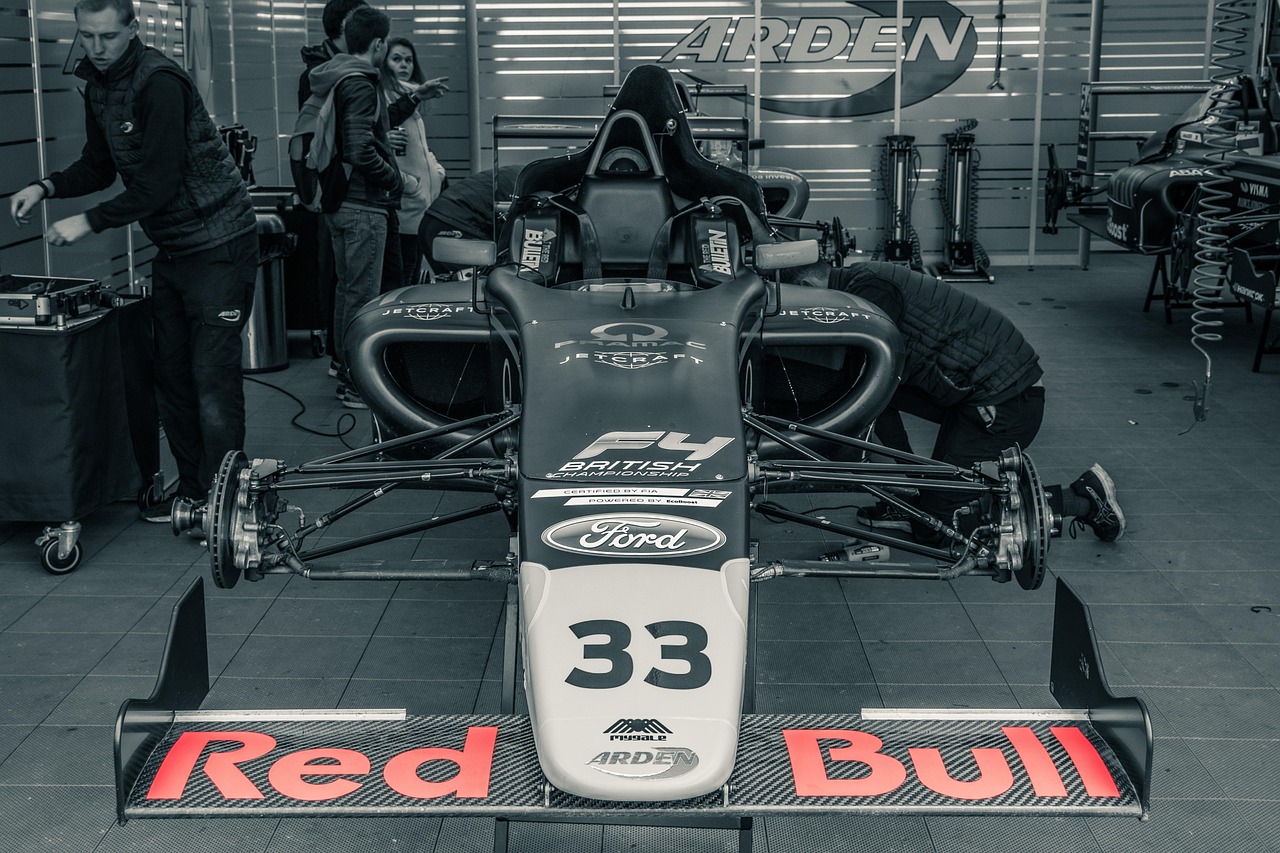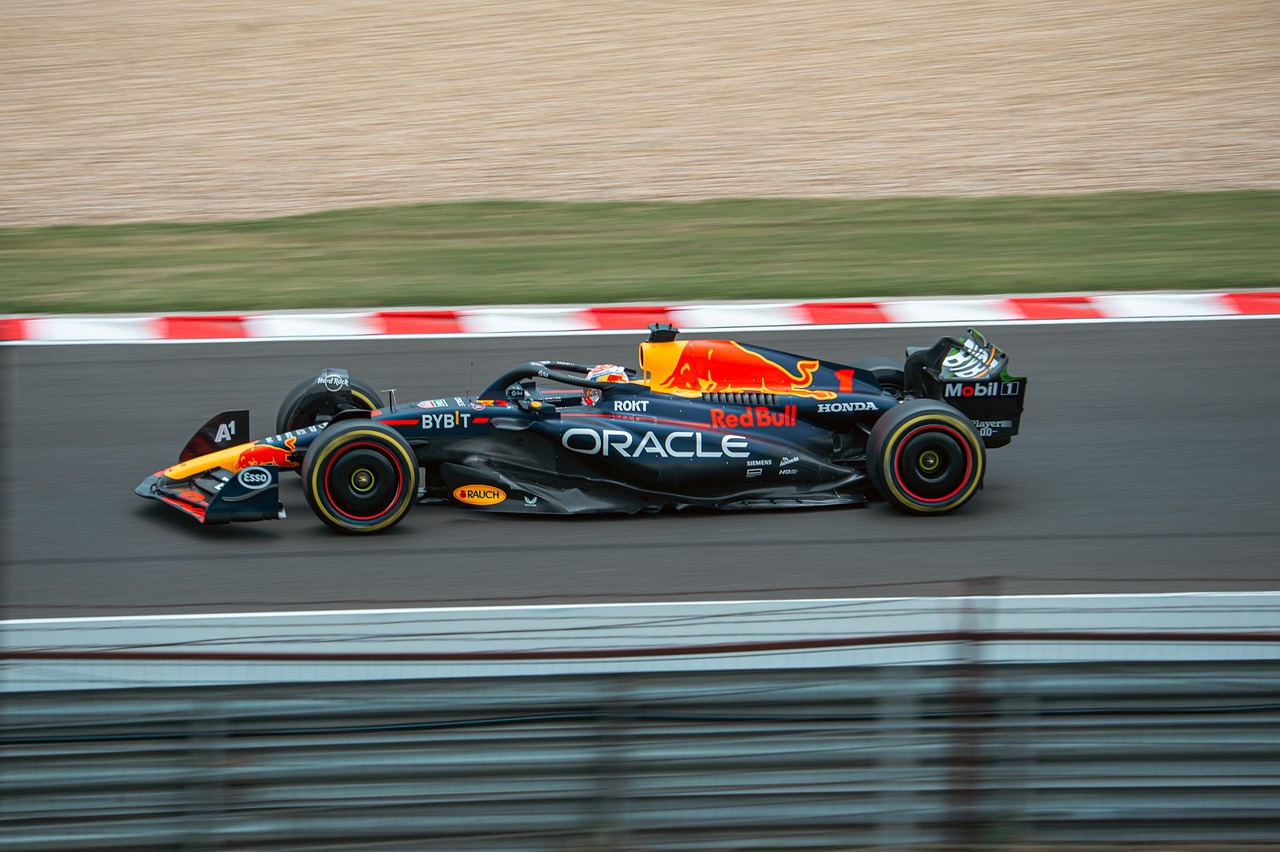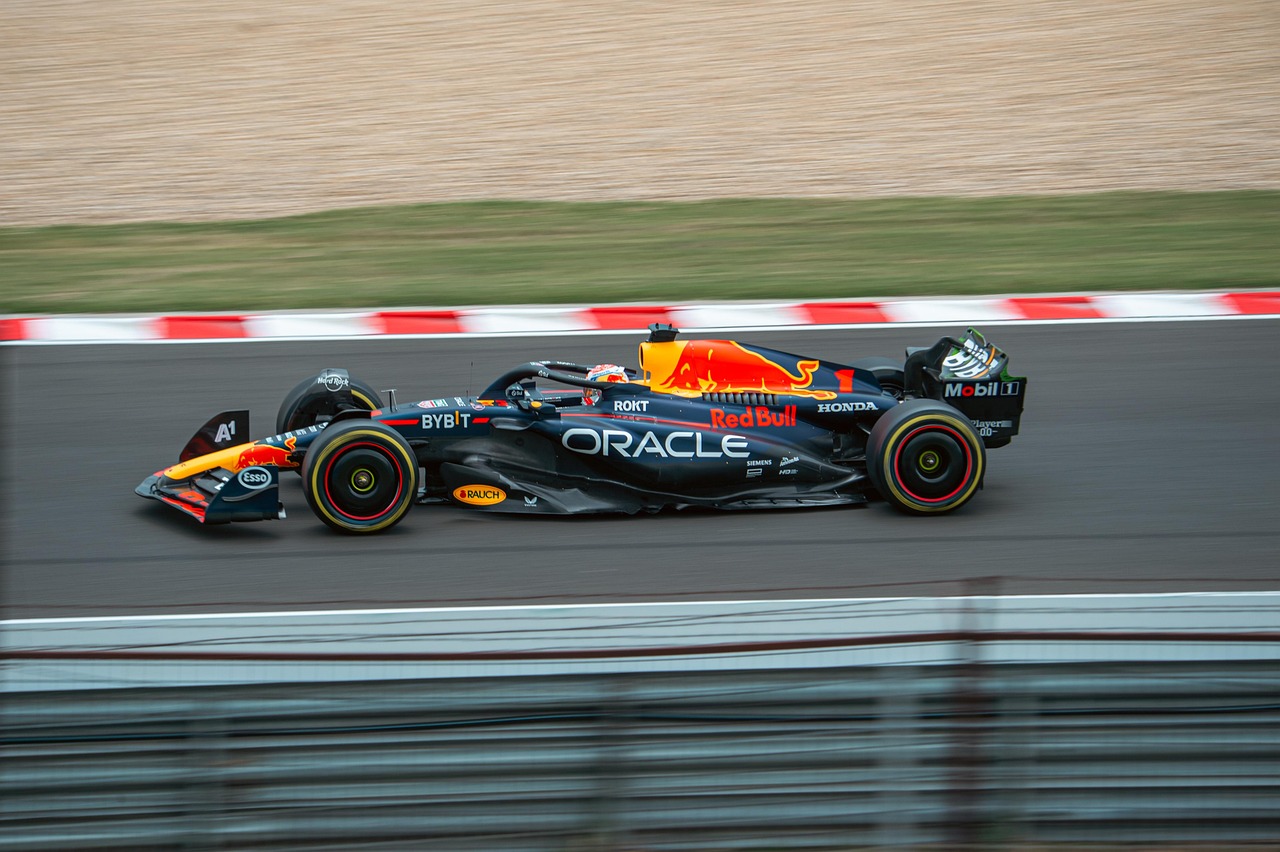
Departure of Christian Horner
The recent departure of Christian Horner as team principal of Red Bull Racing marks a significant turning point in the world of Formula One. After 20 years at the helm, Horner’s exit raises questions about the future of the team he transformed into a powerhouse. This moment is pivotal not just for Red Bull, but for the entire sport, signaling an end of an era filled with unprecedented achievements.
The Legacy of Christian Horner
Horner’s journey began in 2005 when Red Bull acquired the struggling Jaguar team. Under his leadership, the organization grew from a modest crew of 450 to a formidable force of 1, 500 employees. The team has celebrated remarkable success, including eight drivers’ titles and six constructors’ championships. These accomplishments are not merely statistics; they represent a legacy of determination, innovation, and relentless pursuit of excellence within the highly competitive landscape of Formula One.

Impact on Red Bull Racing
With Horner’s departure, Red Bull Racing faces a period of uncertainty. His strategic vision and ability to cultivate talent played a crucial role in the team’s dominance over the past decade. The question now is whether the new leadership can maintain the momentum and continue the legacy Horner built. The team will need to leverage its vast resources and talented personnel to navigate this transition effectively.

What Comes Next for Red Bull
As Red Bull Racing moves forward, it must focus on several key areas to ensure continued success. First, the team needs a solid plan for leadership transition. Finding a successor who can uphold the team’s competitive edge is essential. Additionally, maintaining the performance of star driver Max Verstappen, who recently secured his fourth consecutive world title, will be crucial. Ensuring that the engineering team remains innovative and agile will also be vital to stay ahead in the technology-driven sport of Formula One.
The Future of Formula One
Horner’s exit could have broader implications for Formula One as well. The sport is already experiencing shifts in team dynamics and competitive balance. Red Bull’s next steps will undoubtedly influence rival teams and the overall landscape of the sport. A successful transition could set a standard for other teams, while any missteps might provide an opportunity for competitors to close the gap.

Conclusion: A New Chapter Begins
In summary, Christian Horner’s departure from Red Bull Racing signals the end of a remarkable chapter in Formula One history, characterized by unprecedented success. As the team embarks on a new journey, the challenges ahead are formidable, but the potential for continued greatness remains. The eyes of the racing world will be watching closely to see how Red Bull adapts to this change and whether it can maintain its status as a leader in the sport. The future is uncertain, but with determination and strategic foresight, the legacy of Christian Horner may inspire the next phase of Red Bull Racing’s evolution.



u5crh6